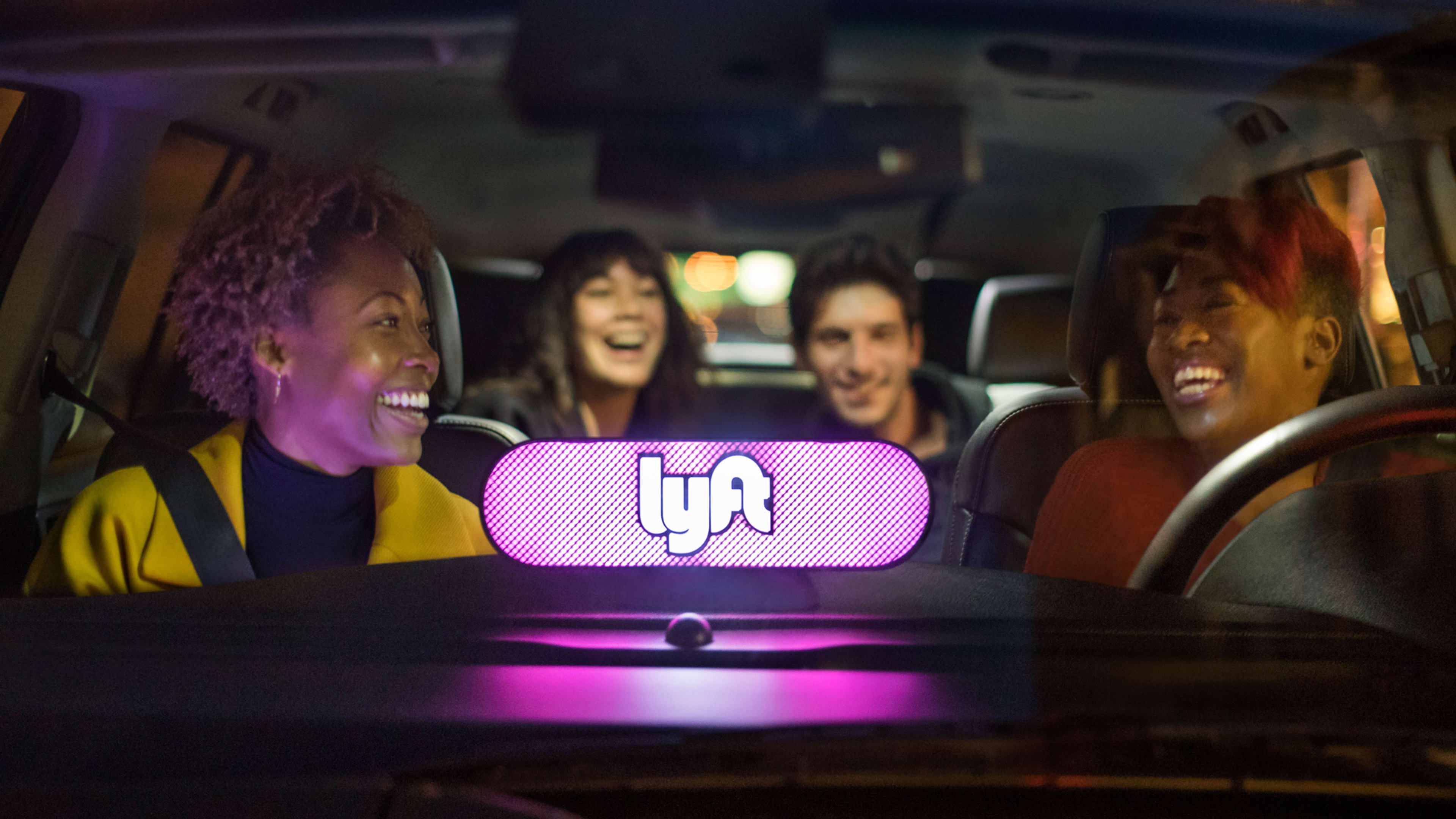Lyft has filed confidential paperwork with the SEC for a proposed public offering, the company announced. The disclosure follows news in August that the company had hired Class V Group LLC to manage the process with a March or April offering date in mind.
Uber also has plans to launch an IPO in 2019, or so the company’s CEO, Dara Khosrowshahi, has previously said. As of July, Lyft had 28% of U.S. market share, according to Second Measure. For the majority of its existence Lyft has been stuck in Uber’s enormous shadow. Unlike its competitor, Lyft has not gone global (though it is in Canada), hasn’t ventured into as many business arms, and has been slower overall to expand.
But its slower growth seemed to pay off last year when Uber began to implode. In 2017, Uber was caught evading law enforcement, engaging in dubious ethical practices, and having an overall toxic work environment. Lyft emerged as an alternative. The climate allowed Lyft to grow its share of the market rapidly, from 15% to 26% in one year.
Also in the last two years, Lyft has grown its business beyond simple ride sharing. In 2017, it announced it would develop autonomous car technology through a partnership with tier-one automotive supplier Magna, putting it in competition with Uber and Google. Lyft also expanded into bike sharing through its purchase of Motivate, which operates major programs like Citi Bike and Ford GoBike.
Lyft is currently valued around $15 billion and surpassed $1 billion in revenue in 2017. Uber, meanwhile, earned nearly $3 billion in revenue in the third quarter of 2018 alone and recently raised money at a $72 billion valuation. And Wall Street is hot for Uber. The Wall Street Journal reports that the company has received proposals estimating Uber’s worth to be as much as $120 billion value in an IPO. Uber has also indicated it wouldn’t be profitable for three years, per the report.
For Lyft, that means going public earlier could give it an opportunity to shine in its own right.
Rob Metzger, professor at Gies College of Business at the University of Illinois, says there are advantages to being first to go public. If one company goes first and there are problems during its time as a public company–for instance, regulatory issues or other potential friction points for the business model–it could dampen the potential valuation for whoever goes public second. “If we’re smaller, but we’re better run and our operating metrics are strong, I’d rather be first to tell that story so that I’m not–from a valuation perspective–in the shadows of the other one,” Metzger says.
Recognize your brand’s excellence by applying to this year’s Brands That Matter Awards before the early-rate deadline, May 3.
